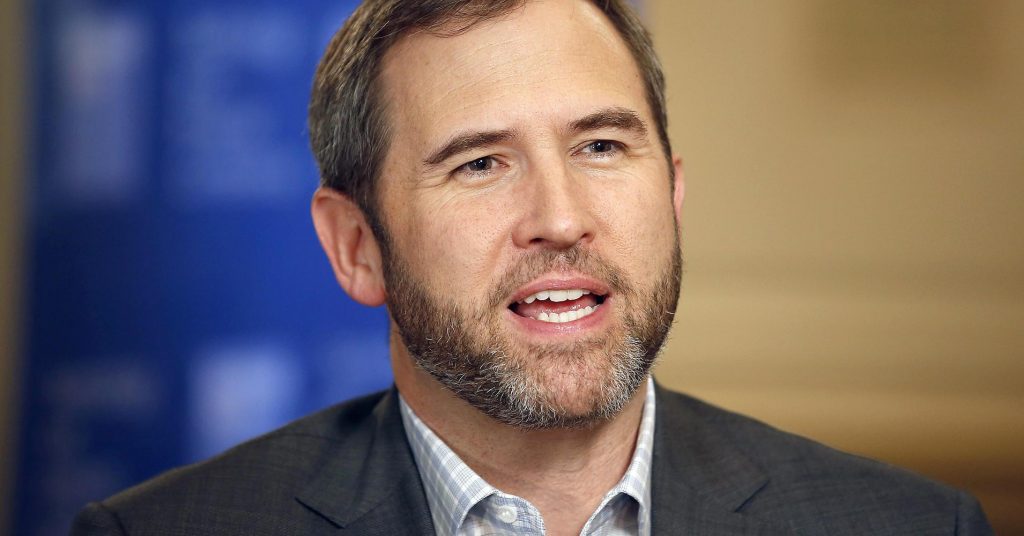William Hinman, Director of the Division of Corporation Finance, was quoted this summer saying that Ether, Ethereum’s native token, wasn’t a security under federal law. He said that through token sales and distribution, ether has significantly become decentralized since its launch.
Ever since he gave this opinion, Ripple (XRP) enthusiasts have tried to prove that XRP (also known as Ripple) – because of its close ties with Ripple Lab – is completely decentralized.
XRP is clearly decentralized
Brad Garlinghouse, Ripple CEO, recently made this argument in an interview with a financial news network Cheddar. Garlinghouse said during a Ripple-sponsored “Swell Conference 2018” in San Francisco that he believes XRP is “very clearly decentralized”.
Responding to a post by former chief cryptographer at Ripple David Schwartz, Garlinghouse claimed that Ripple is, in fact, more decentralized than Ethereum and Bitcoin. To justify his claim, he said the mining hashes of Bitcoin and Ethereum has been too centralized for years. A handful of pool owners have controlled more than 50 percent of hashing power.
Ripple own about 60 billion XRP
Although bitcoin mining pools are geographically centralized, those opposed to XRP alleges XRP ownership is even more centralized. Even after years of selling XRP tokens, Ripple Lab still sits on the majority of the XRP’s total supply. The firm holds close to 60 billion XRPs in escrow. They also claimed that – whether or not one agrees with Ripple’s claim that it doesn’t own XRP – there is no doubt when the network was launched – the network’s founders received 100% of XRPs (Ripple credits) when the startup was launched.
Garlinghouse, making reference to these claims, said that critics have “economic interest” in spreading misleading information regarding Ripple and XRP. He said Ripple’s links to XRP can be compared to Amazon’s investment in a video conferencing and communication service Chime – which is built on top of Amazon Web Service.
